Israel tells residents of more than 50 villages in Lebanon to evacuatepublished at 04:44 GMT
Israel has told residents of more than 50 towns and villages in Lebanon to evacuate, as it warned of attacks.
People in the identified…
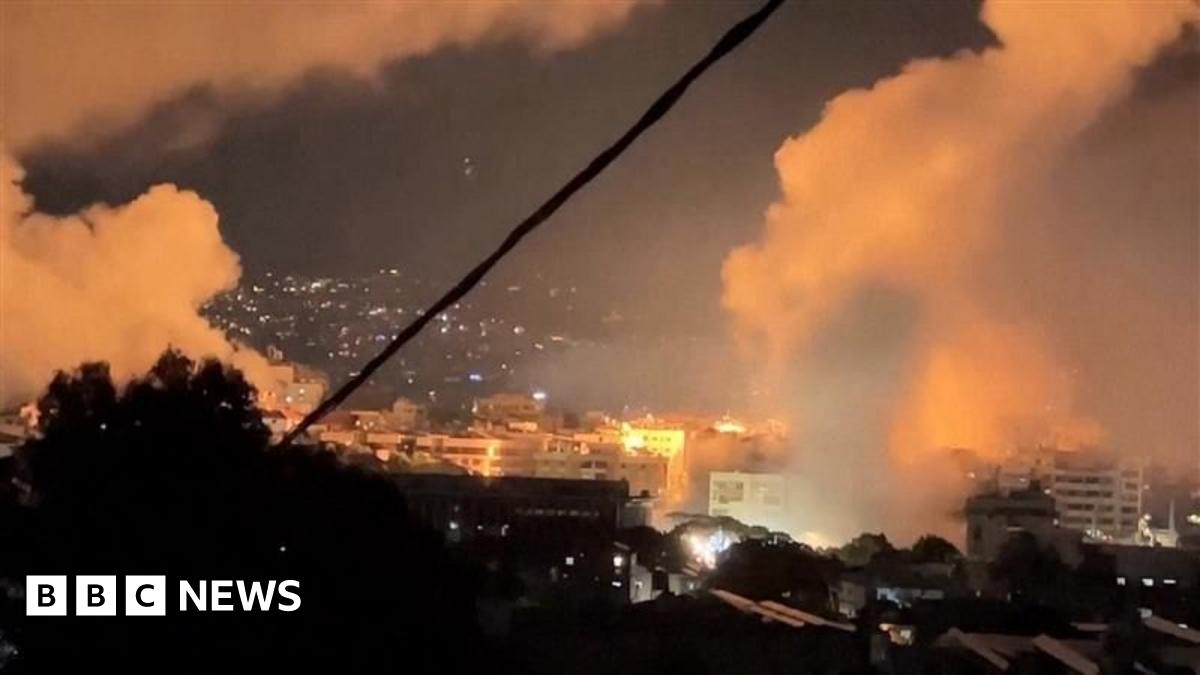
Israel has told residents of more than 50 towns and villages in Lebanon to evacuate, as it warned of attacks.
People in the identified…
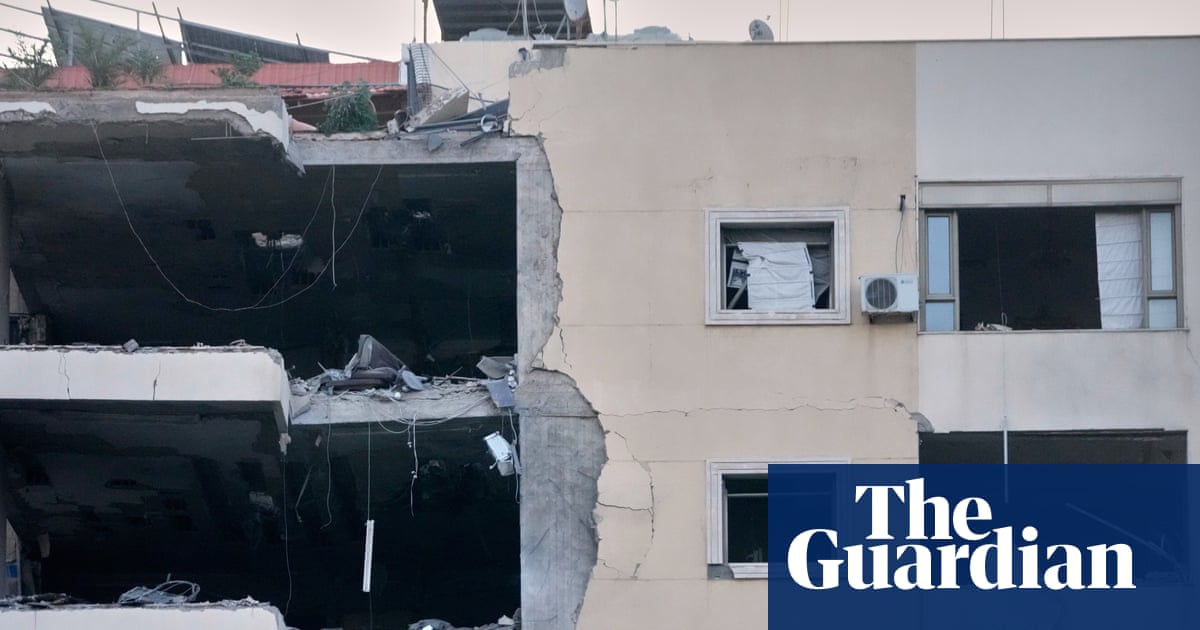
The Israeli military said early on Monday it was striking Hezbollah across Lebanon, after the militant group launched missiles and drones towards Israel in retaliation for the killing of Ayatollah Ali Khamenei, Iran’s supreme leader. The…

A one-way attack drone has struck the UK’s RAF Akrotiri base in Cyprus, prompting a partial evacuation of the base.
Officials believe the drone, which hit at about midnight local time, was launched before Keir Starmer announced the UK would…

Kathmandu, Nepal – Facing thousands of raucous supporters, 35-year-old Balendra Shah lifted his signature black rectangular sunglasses, asked his audience to look him in the eye, and said: “I love you.”
It is a sentiment that millions of…
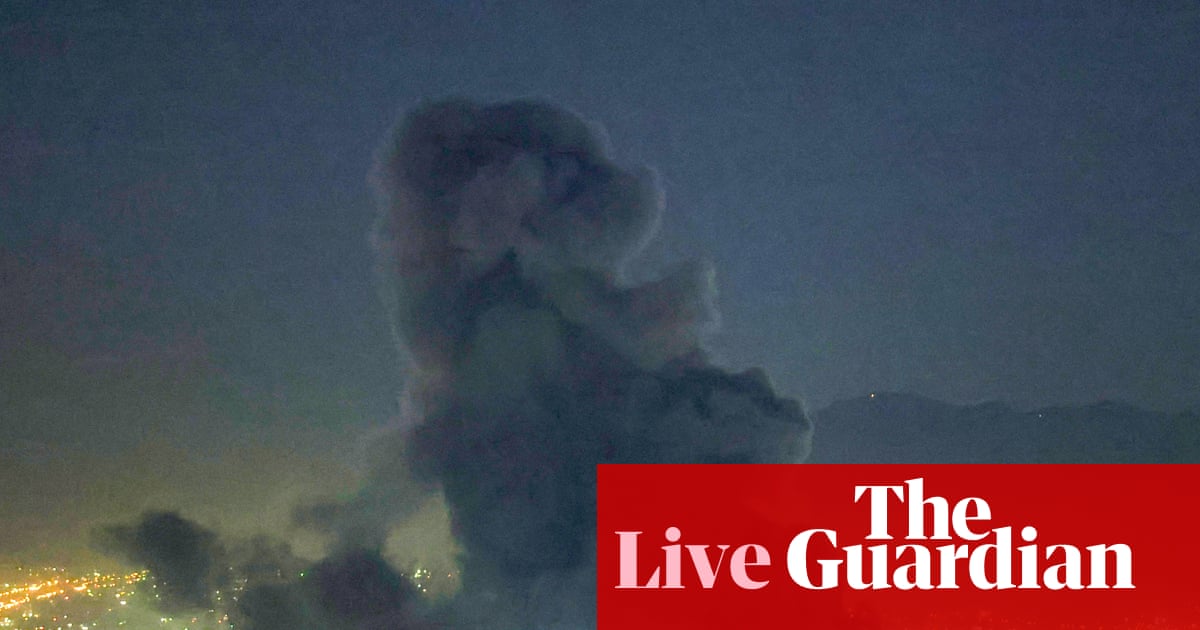
Key events
Pentagon chief Pete Hegseth will hold a press conference on Monday morning about the joint US-Israeli military campaign against Iran, the first by a senior…
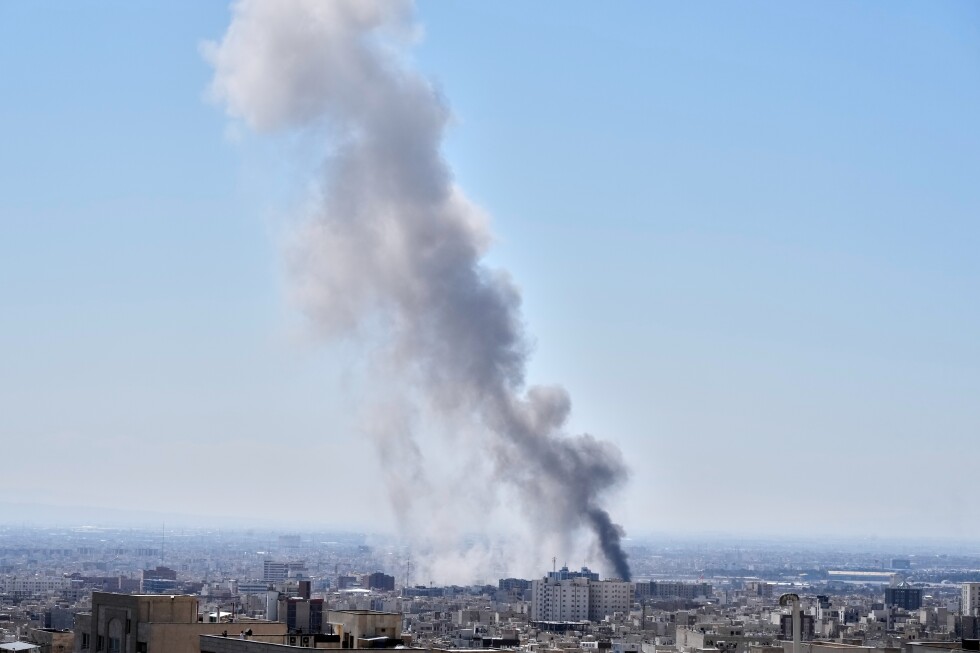
DUBAI, United Arab Emirates (AP) — The U.S. and Israel pounded targets across Iran on Sunday, dropping massive bombs on its ballistic missile sites and wiping out warships as part of an intensifying…

Donald Trump recorded a new video address on Sunday, vowing to avenge three American deaths after the joint US-Israeli strikes on Iran and accusing the Iranian regime of “waging war against civilization itself”.
The US president addressed the…
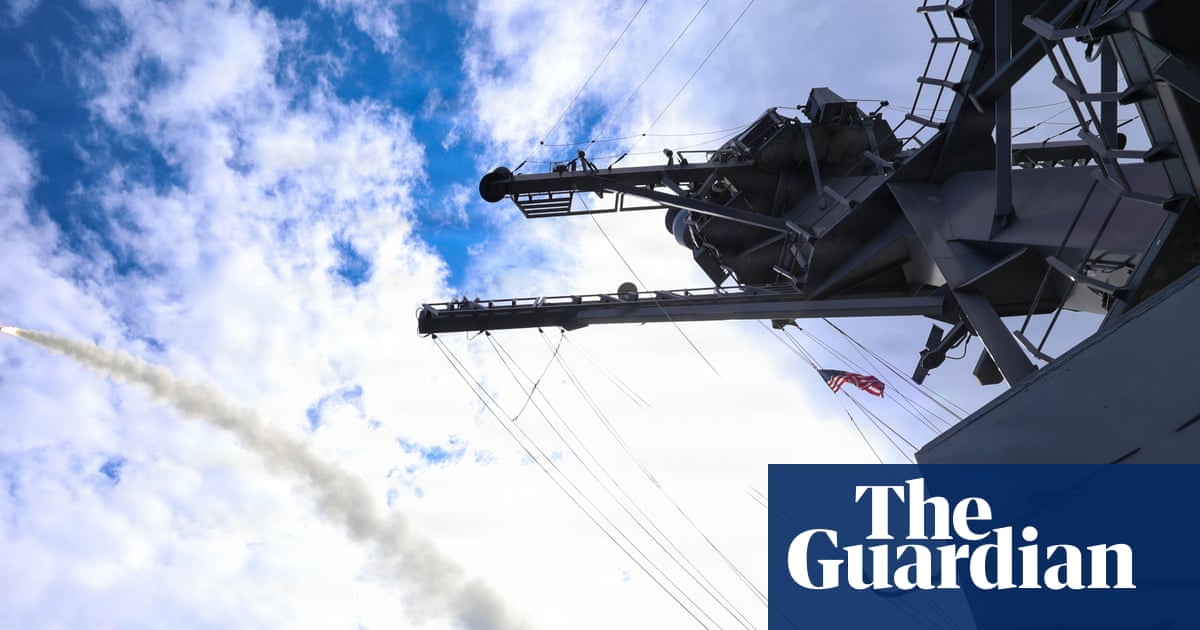
Three US service members have been killed in action as part of US military operations against Iran, the US Central Command said in a statement on Sunday. These are the first confirmed deaths since the US began launching strikes against Iran on…